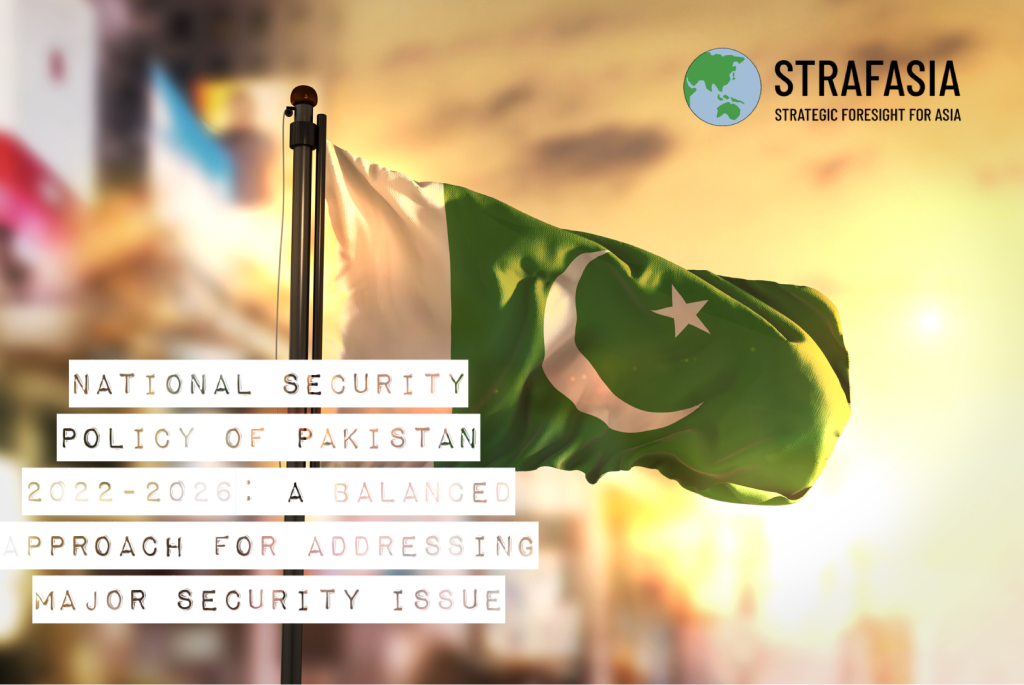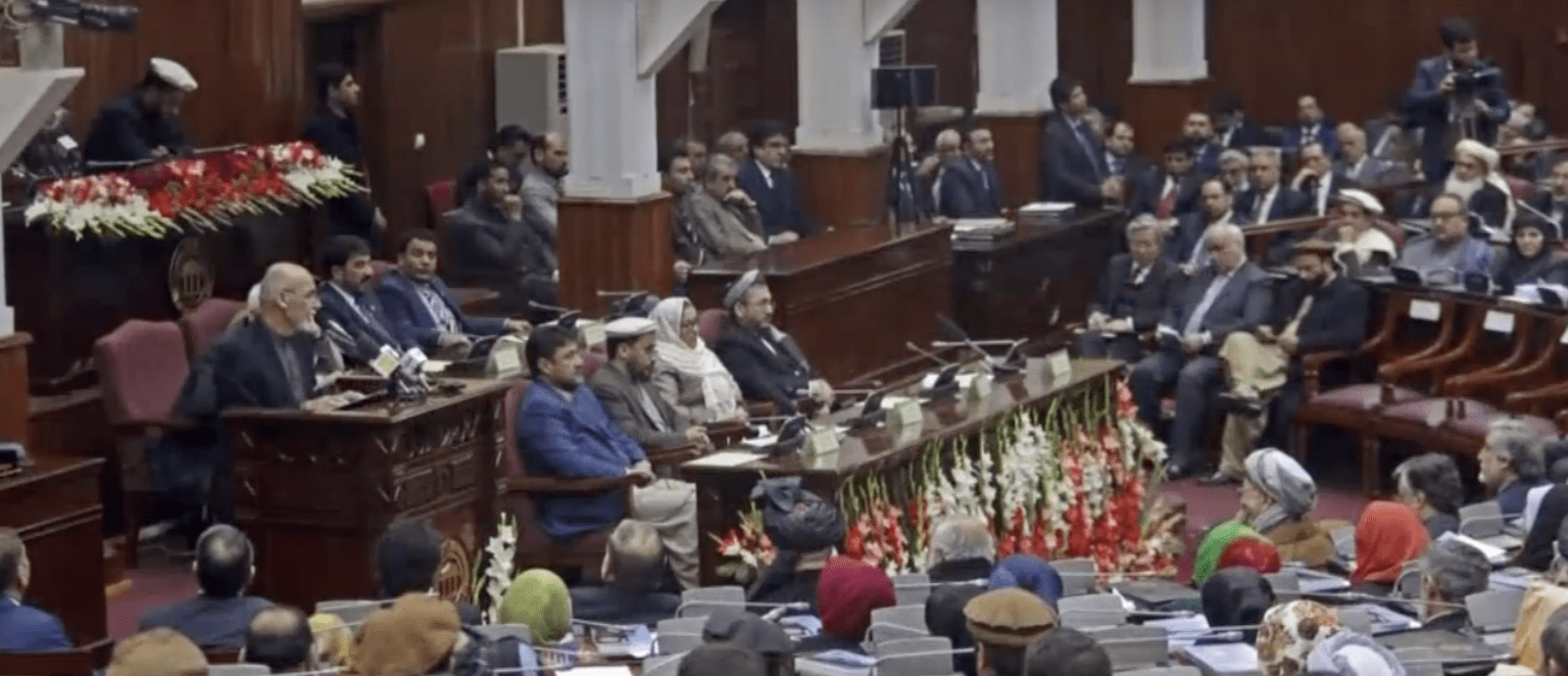
A rational approach of Pakistan for addressing its mainstream security issues has led political authorities to proclaim a well-structured and well-defined framework of national security in the form of the National Security Policy of Pakistan 2022-2026. The first such policy in the country’s history, it has various unique characteristics, primarily its citizen-centric mainstream framework with an exclusive focus on economic security.
The conceptual foundations of the NSP lie in an exclusive emphasis on both dimensions of security threats, traditional and non-traditional in nature. The formulation of a comprehensive policy framework of the NSP is based on a prudent approach of the contemporary government for redefining and improving the concept of security in a more constructive way. In it, the security of the citizens, in terms of safety, dignity and prosperity, has been considered equally important to the security of the state. This feature of the NSP reflected a balance between the traditional and non-traditional domains of security threats. This draws primarily from the greater idea of an Islamic welfare state.
Moreover, the unanimous position of the government beyond the conventional societal and political divisions of the nation has become the actual strength of the policy. To cultivate consensus of the nation over major security issues, the National Security Division of Pakistan spent seven years conducting different levels of consultations. The engagement of the government with different segments of society helped the policymaking circles of Islamabad to avail new opportunities to counter major security threats to the nation. The pragmatic and impartial process of the NSP formulation was initiated in 2014 with the objective of bringing various divisions of the society on a single point agenda by arranging meetings with the concerned authorities and mainstream stakeholders of the country. This formally involved all federal ministries and divisions as well as the provincial governments, including representations from Gilgit-Baltistan and Azad Jammu and Kashmir. Input was also taken from 500 specialists and members of different circles of civil society. The views of university students were also taken as important feedback, reflective of government’s desire to emphasize the dynamic role of youth in nation-building.
The 48 page document issued for public consumption divides priority areas into six dimensions such as national cohesion, economic future, internal and external security issues, the problems of territorial integrity, and the areas of foreign relations and human security. The significance of the NSP with a brief conceptual description of national security is discussed in the initial two section of the document. With a clear vision for creating Pakistan as an Islamic welfare state, the NSP’s broader framework emphasizes the principles of justice, equality, and tolerance, equivalent to the values of peaceful co-existence with the territorially adjoining nations. Additionally, the objective of empowering leading institutions of the states is treated as the prerequisite for good governance. The conceptual descriptions of the policy categorically highlight the major state responses to the traditional security threats while defining the territorial integrity of the state in the domains of land, air, sea, space, and cyberspace. The integration of defence, deterrence, and diplomacy for the protection of sovereignty has been equated with the strengthening of space and cyberspace capabilities in the NSP document.
While keeping in mind the evolving nature of great power politics and its regional influences on the nuclearised subcontinent, the NSP focuses on effective economic diplomacy. The projection of a positive image of Pakistan consisting of an economic and human-centric outlook is identified as the preferred strategy for countering various extents of propaganda tactics advanced by rivals in the international system. The peaceful resolution of the Kashmir issue and the issues of Indian Illegally Occupied Jammu and Kashmir (IIOK) has been emphasized in the NSP. The peace and stability of Afghanistan, the significance of the mega economic corridor project with China, Islamabad’s desire to improve bilateral ties with India, and achieving better cooperative ties with Iran are all clearly highlighted. In short, a brief description of Pakistan’s foreign relations with neighbouring countries provides a glimpse of Islamabad’s bilateral designs for managing South Asian affairs. Besides improving the conventional patterns of its foreign relations at bilateral and multilateral levels, an exclusive focus on healthcare can be observed, clearly reflected the learning of Pakistan during the global health crisis under the pandemic.
The formulation of the well-defined and well-structured national security plan of Islamabad is reflective of the government’s vision for upholding the scope of a politically compact, economically developed and socially prosperous nation. Economic security has been identified as the gravitational point of the NSP because the contemporary economic crisis of Pakistan has convinced the leading government authorities on the principles of economic security, economic diplomacy, and economic development. In other words, with the greater reliance of the NSP on the principles of economic development and social prosperity, the leading government authorities have recognized the role of a strong economy in nation-building. Thus, the adaptation of a comprehensive policy covering all aspects of security clearly indicates Islamabad’s decisive approach for strengthening its position in regional and extra-regional affairs.
![]()




Be the first to comment